Best Mobile Phones in India (November, 2022)
The Gadgets 360 Best Mobile Phones page is the single best resource for the top-rated smartphones in India. Here, we list smartphones that have received an overall rating of 8 or higher in Gadgets 360’s exhaustive, extremely in-depth reviews. Phones on this comprehensive list were launched in the past one year. Considering all this, it is safe to say that if you choose any phone on this list as your next purchase, you will not be disappointed.

Smartphones on this Gadgets 360 Best Mobile Phones page are sorted by the date launched, so the further down you go, the older the phone. The ratings visible on each phone on the page are the overall ratings of each phone. On this page, you can see the price and key specifications of each phone right here, and you can click on each phone’s review links to see their detailed reviews, and clicking on the phone’s name takes you to its detailed specifications page. Phones listed here were launched in the past one year.
Like what you see Gadgets 360 Best Mobile Phones page? Then you should check out other similarly helpful mobile phone pages. These include the Gadgets 360 Mobile Phone Finder, the Upcoming Mobile Phones page, the Best Camera Phones, as well as the Latest Phones page. Another great tool is the Compare Mobile Phones page, where you can compare up to four smartphones or feature phones with each other.
9 Best Flip Phones to Buy in 2022
Editor’s Note: We reviewed our current product picks as of October and removed a handful of flip phones that have been discontinued or are no longer in stock. We considered but ultimately dismissed Plum's flip phone because multiple users report that its buttons frequently get stuck. We also looked at the , but found it to be too expensive for a prepaid phone that was locked to a single network. If you’re looking for the best overall pick and are ready to add to cart, we recommend one of Alcatel's flip phones which are available on , , or .
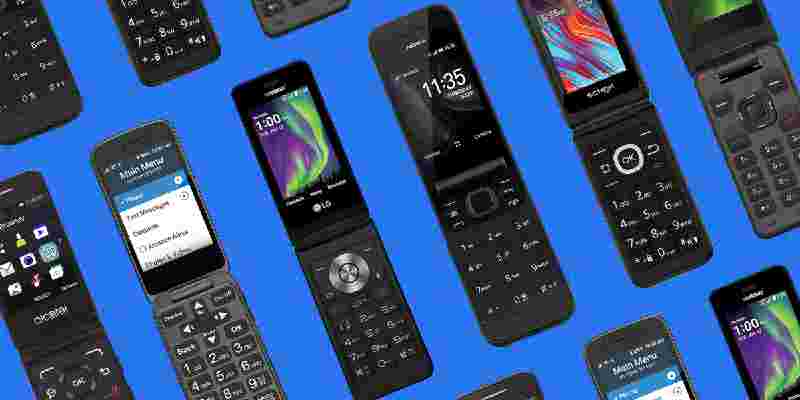
Nothing has been making a bigger comeback than some good old-fashioned nostalgia, and technology is no exception. Sure, smartphones are great, but today's biggest tech manufacturers have also brought back the flip phone — and they're better than ever! Whether you already have a smartphone and just want to go back to the good old days, or if you just prefer the durability, simplicity, and affordability that flip phones offer, we're here to help you pick the best one.
Unfortunately, flip phones still aren't as common as they once were, but I've researched and compared every option available on the market today and narrowed down the best of the best below.
Best Flip Phones of 2022
What to Consider When Buying a Flip Phone
Compatibility
When shopping for a flip phone, the most important factor to consider is that your device is compatible with your wireless carrier. The easiest way to do this is to purchase an “unlocked” phone. This means the phone isn’t tied to a specific carrier or contract. Having an unlocked phone is also convenient in the event you decide to switch cell phone providers, or if you’re traveling: You can pop in practically any carrier’s SIM card to get service. Can’t find an unlocked phone to buy? No sweat! I made sure to recommend models for every major U.S.-based carrier, including prepaid providers.
Connectivity
I strongly recommend you opt for a flip phone that supports fourth generation long-term evolution (4G LTE) connectivity. Despite the fact that several utilize 3G networks, it's imperative that you get a 4G phone because most carriers are in the midst of shutting down their 3G networks. Older cell phones (likely models from 2012 or earlier) that use 3G and 2G won't be able to receive calls or text, including to 911, according to the Federal Communications Commission.
In fact, AT&T shut down its 3G network in February 2022. T-Mobile and Verizon are expected to do the same in July, and December 2022. If you or a loved one is concerned about being able to afford a new device or cellular phone bill, the federal Lifeline Program provides a discount on wireless or internet service to consumers who quality.
How We Chose
Our recommended models offer strong battery life (expressed below in talk time hours) and necessary features like a memory card slot and Bluetooth. We also made sure to highlight flip phones that are easy to use. Some of our recommended picks are even equipped with built-in voice assistants, GPS, and MP3 players to make them feel more modern. And since flip phones vary greatly in price, we included options for all budgets.
If you're seeking simplicity, craving a dose of nostalgia, or just want a break from your smartphone, these are the best flip phones you can buy today.
The 4 Safest Phones That Are Best for Privacy and Security
When it comes to smartphones, the situation seems bleak for privacyenthusiasts. Fortunately, you do have some options.
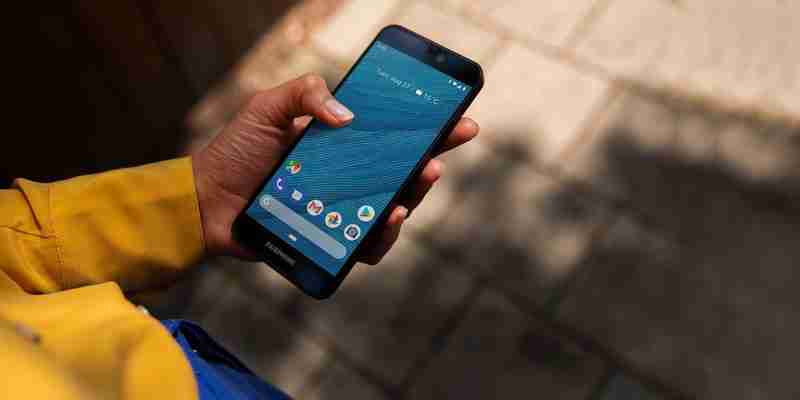
Recent years have shown us how unsecure our smartphones can be. They pose a risk if we misplace them, as all our confidential data is stored on the device, but they also represent an enormous privacy risk.
Google and Apple monitor a lot of what you do on your smartphone, and then manufacturers will add their own invasive software into the mix. The situation can seem bleak for the privacy enthusiast.
Fortunately, you do have options if you're after the most private phone. Let's take a look at the top choices.
Choosing the Most Secure Phone
Before diving into the recommendations, it's important to note the unique considerations of choosing a phone for privacy. The smartphone experience is based on data collection and personalization.
First-party apps like Google Photos or Apple Maps, and third-party options like Instagram and WhatsApp, rely on capturing your personal information. However, they are also integral to the way we've come to use our phones.
Opting for a privacy-focused smartphone will mean that you lose out on some of these features and services. Of course, you may be able to work around these app-based restrictions. However, this also applies to the operating system as a whole.
Generally, privacy-friendly smartphones are less intuitive and more complicated thanks to the inclusion of encrypted software, fewer social platforms, and a lack of personalization.
This doesn't mean that they are unusable, though. But you need to be aware of the significant differences between a regular iPhone or Android device and a secure smartphone with a different OS going into your purchase.
Purism, a social purpose corporation, has been producing privacy-friendly Linux-based laptops and computers since 2014. The Purism Librem 5 is the company's first smartphone and was designed with keeping your privacy in mind. The device was launched as a crowd-funded project in 2017, with the first batch of phones shipping in late 2019. From the entire list of smartphones that don't track you, the Librem 5 is the best option.
The phone runs PureOS, Purism's privacy-focused Linux operating system which is not based on Android nor iOS. As such, the software is open-source and comes with free and open-source software (FOSS) pre-installed. It is important to note that the Purism Mibrem 5 does not force you to use their operating system (OS) as it lets you install a compatible GNU/Linux OS as an alternative. As a result, there is no access to the Google Play Store or other mainstream app stores.
The default web-browser, Pure Browser, is a modified version of Firefox with DuckDuckGo as the default search engine.
Crucially, the phone also has three hardware-based kill switches that can shut down all network connectivity, including GPS. These are located for the microphone, Wi-Fi and bluetooth, cameras, and cellular baseband. As for the remaining hardware, the Librem 5 has a 4,500mAh removable battery, a 13MP primary camera, and 32GB of onboard storage, expandable up to 2TB via microSD.
Purism has committed to continuous updates for the Librem 5. This is in stark contrast to Google and Apple, who typically only support a phone for two or three years. The phone charges via USB-C, and supports wireless Bluetooth connectivity.
On paper, the Librem 5 makes a convincing case as the best phone for privacy. However, before you hand over your cash, take a look at our review of the Purism Librem 5. The trade-off between privacy and usability is evident here, and the phone has some notable flaws. However, if your primary goal is improved smartphone privacy, then the Librem 5 is still a good option.
Any phone that has Android as its OS is classified as a very secure phone overall. This is not only due to the architecture of the OS itself but also due to the numerous security updates Android releases. Some of these patches can even happen monthly, which guarantees your phone to be updated all the time.
Google created a multi-layered approach to security for Pixel models. This means the Pixel 6 is equipped with Tensor System on a Chip (SoC) and TrustZone technology, which will store your sensitive data in a specifically designated secure area of the phone.
As for the Pixel 6's specific new general security features, it includes anti-phishing protection and a built-in protection that regularly and automatically scans for potential threats from phone calls, text messages, emails, and links sent through apps. The Pixel 6 will then automatically notify you if it thinks the message, phone call, or notification is perceived as a scan.
Additionally, Google has confirmed that the Pixel 6 will get three years of major general updates (it will theoretically receive Android 15) and five years of security updates to keep up to date with all the latest threats.
The Pine64 PinePhone Pro is a Linux-based alternative to the Purism Librem 5. However, the PinePhone Pro isn't specially adapted for increased security and privacy. Instead, its strength comes from the fact that the phone runs an open-source operating system and relies solely on open-source software.
The PinePhone is designed to run a variety of Linux operating systems. There are pre-configured variants of the phone available like the PinePhone Beta Edition, which runs a mobile edition of Plasma, available to buy directly from Pine64. However, once you've got the physical device in your hands, you can install any of the 20 currently supported operating systems.
The PinePhone Pro uses the Allwinner A64 quad-core system-on-a-chip (SoC), has 4GB of RAM, and 128GB eMMC flash storage. It is powered by a Samsung J7 form-factor 3000mAh, which can be recharged via USB-C. There is a 13MP primary camera and a 5MP selfie camera too.
There are privacy hardware DIP-switches, hidden under a rear cover to cut access to both cameras, the microphone, the LTE modem and GPS, Bluetooth and Wi-Fi, and headphone jack. The phone is easily repairable—the components are conveniently accessible with just a screwdriver—and will have a production lifespan of five years.
The smartphones we've listed so far are not mainstream options and many of them appeal only to a small subset of users. However, not everyone has the time or resources to invest in these options. As a result, it is worth considering a readily available option too.
In a move that some people may find controversial, our final choice for the most secure and private phone available today is the Apple iPhone 13. Although you may question whether Apple is truly a privacy-friendly company, these devices are regarded as more private than Android smartphones.
The main reason for this is the difference in the business model between Apple and Google. Apple devices are, on the whole, quite expensive and tend to encourage vendor lock-in. So, once you have an iPhone, you'll consider purchasing a MacBook, Apple Watch, AirPods, and so on. In effect, Apple is a hardware business.
On the other hand, Google provides Android (mostly) for free to manufacturers who then produce a wide variety of smartphones. It recoups its investment by capturing your personal data. This data is used to inform the ads you see across the apps you use, the websites you visit, and wherever you are signed in to a Google account.
However, that's not to say that Apple is perfect for privacy enthusiasts. The company still gathers data about you and your habits, but this is used to customize your experience with Apple products, rather than create an advertisement profile. Much of the data is stored locally on your device rather than synced to the cloud.
The main things to keep in consideration while using an iPhone is Siri and iCloud Photos automatic uploads. If these two are disabled, the iPhone will become fairly private in its dissemination of your information.
The iPhone 13 is the latest smartphone from Apple and runs the most recent edition of its iOS mobile operating system. The device features a 6.1-inch Retina display, is IP68-rated for water and dust resistance, and uses Face ID for biometric authentication.
The Best Phone for Privacy
In the wake of the Edward Snowden leaks in 2013, public interest in privacy grew, eventually leading to a new wave of privacy-focused products. While there are sometimes trade-offs, this is inevitable as the mainstream options rely on data collection to function.
We've rounded up some of the most private phones available today, but many of them run Linux operating systems rather than Android or iOS. If you haven't made the switch to Linux on desktop, there are plenty of great reasons to consider switching from Windows 10 to Ubuntu.

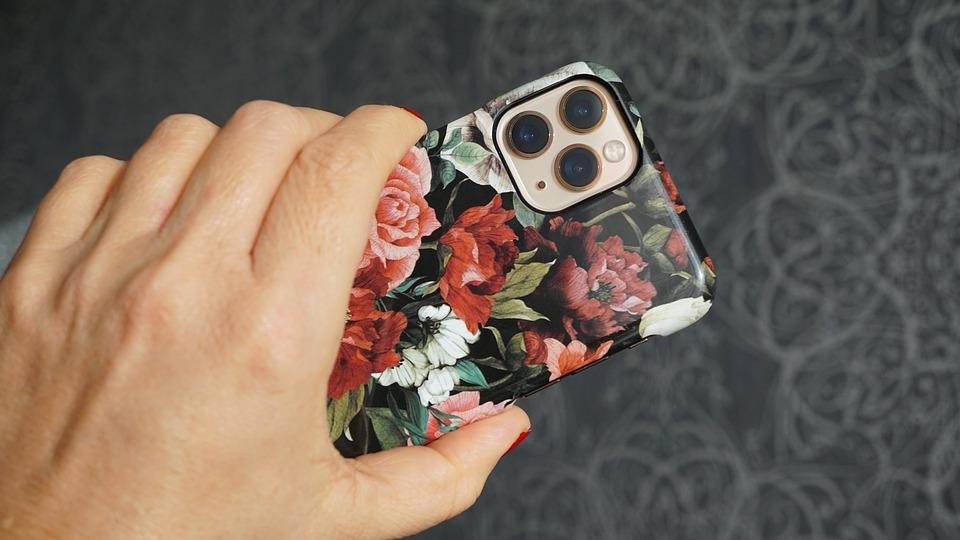
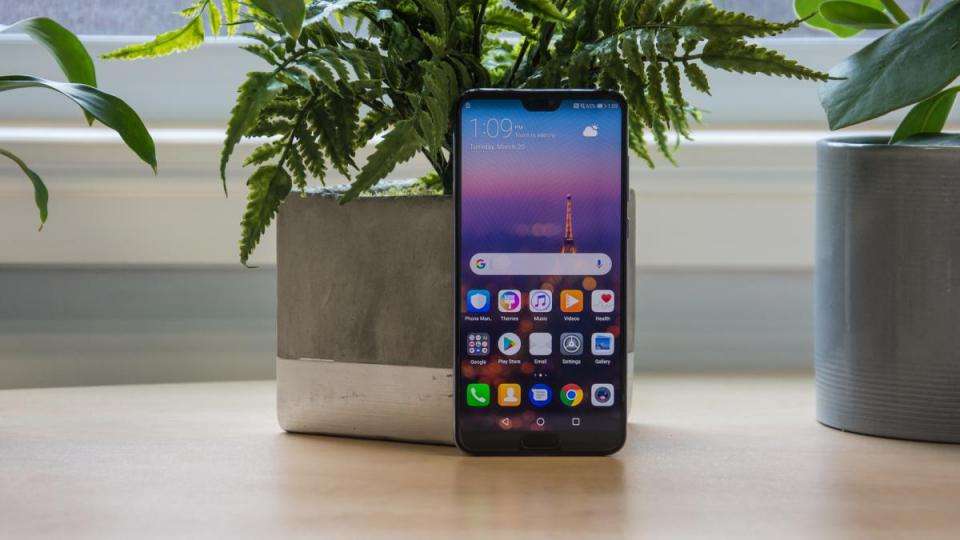
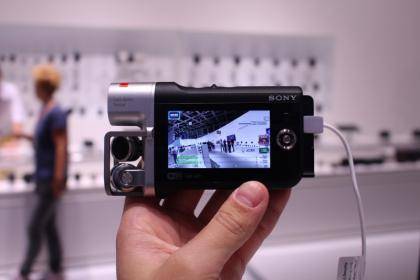
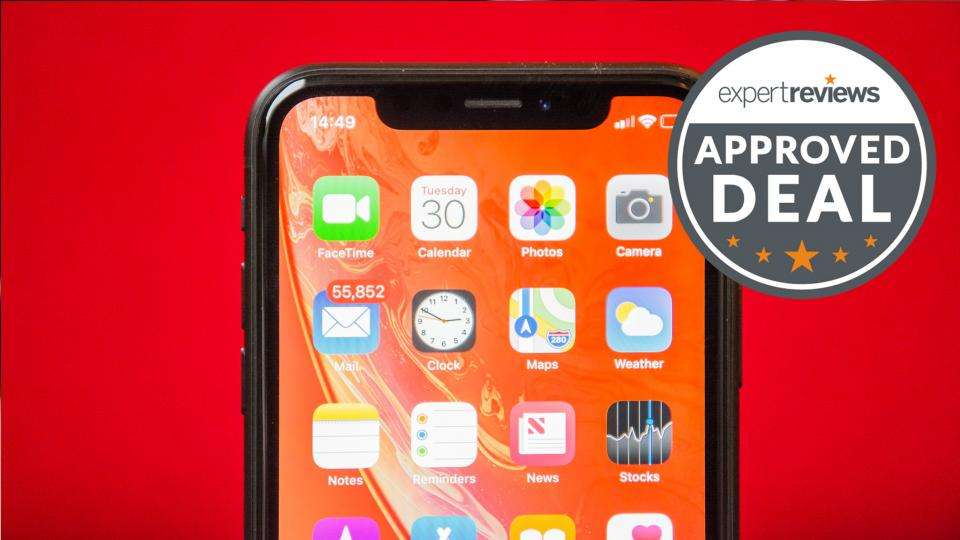
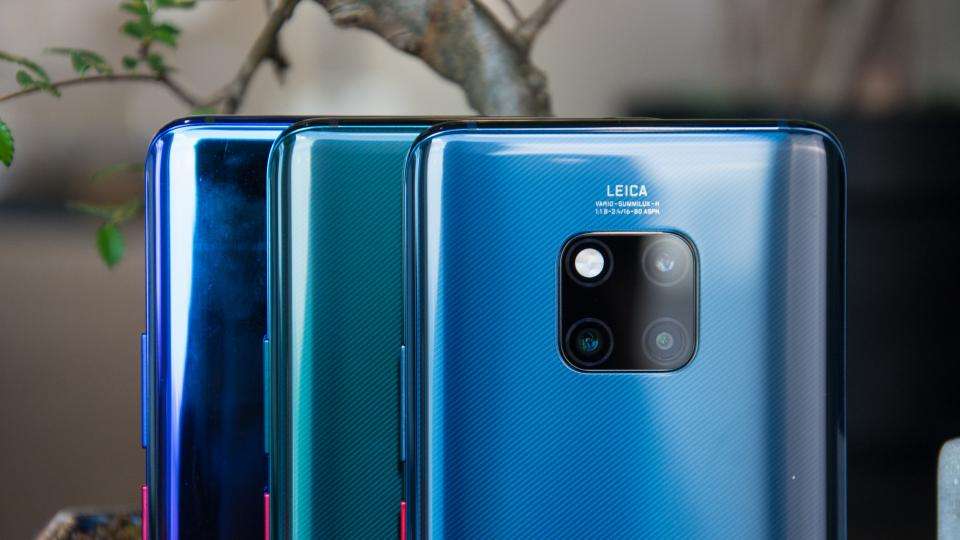
Leave a Reply